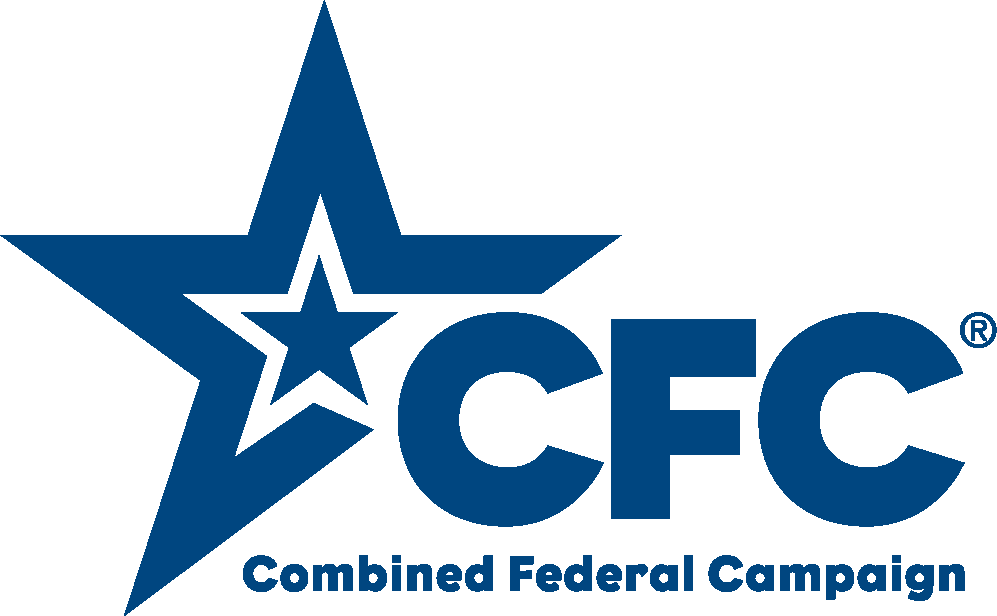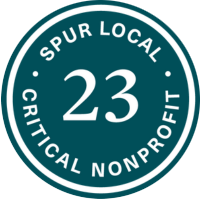
Molly Amster, JUFJ’s Maryland Policy Director and Baltimore Director, gave these remarks on March 17, 2023 while accepting a portrait of the victims of the Tree of Life Synagogue shooting, the deadliest antisemitic attack in our country.
Now displayed at our Baltimore office, the painting was donated by Kimberly Sheridan, a Baltimore artist who paints portraits of gun violence victims in Baltimore and across the country to honor them and highlight the toll of the machinery of division and fear as part of her community art project, Million Gun Victims March.
Thank you to Kimberly Sheridan, the Million Gun Victims March, Moms Demand Action, the Baltimore Ethical Society, and the University of Baltimore for hosting this exhibit and today’s reception.
I’m Molly Amster, Maryland Policy Director and Baltimore Director for Jews United for Justice. JUFJ organizes Jews and our allies to move our region closer to social, racial, and economic justice by advancing campaigns for immediate and concrete improvements in people’s lives.
JUFJ is incredibly honored that Kimberly reached out to us and is gifting us the incredible portrait of the victims of the Tree of Life massacre, with approval from the Tree of Life Synagogue. We are looking forward to giving this painting a home in our office and sharing it with our community. Our Baltimore office is once again blossoming into a space for gathering our community in reflection, learning, and action, and it will be so meaningful to have the memories of Joyce Fienberg, Richard Gottfried, Rose Mallinger, Jerry Rabinowitz, Cecil Rosenthal, David Rosenthal, Bernice Simon, Sylvan Simon, Daniel Stein, Melvin Wax, and Irving Younger in that space with us as a reminder of why we do the work we do.
The Tree of Life shooting was a horrific event and as I was looking at this portrait and reflecting on it, I revised a statement that JUFJ shared with our community after the shooting as we were all still grappling with the news. Here is an excerpt:
There are no words to express the hurt that our community is facing. We are horrified, heartbroken, fearful, angry, and in mourning, in response to the murder of 11 people this morning in a sacred Jewish space on the holy day of Shabbat.
Though words are not actions, they have consequences. In recent years, white supremacist shooters have murdered people in churches, mosques, a Sikh gurdwara, and synagogues. This violence is the consequence of white nationalist, antisemitic, and racist rhetoric and threats going unchallenged by national leaders.
Our safety will not come through any number of armed guards on the doors of our holy places. It will only come from building a community and society where all people are welcomed, valued, and loved.
JUFJ recently published a statement on our approach to antisemitism on our website, which I think is especially resonant as we reflect on the Tree of Life massacre, as well as the gun violence that took the lives of all of those depicted in Kimberly’s portraits. In part it reads:
At JUFJ, we know that… freedom and safety for any of us depends on the freedom and safety of all of us.
The growing power of far-right white Christian nationalist movements is fueling an increase in antisemitic violence and incidents. But Jews aren’t facing these dangers alone. JUFJ organizes in solidarity with other communities who have a shared interest in dismantling white supremacy.
As Jews, we know how dangerous it is when politicians and public figures target Jewish people and blame us for hard times, it leads directly to violence against us. Antisemitism is part of the machinery of division and fear those people rely on for power; the same machinery they use to blame Black and brown people, people who are immigrants, people who are Muslim, and more. But whether they manufacture division and fear based on our religion, our skin color, or how long we’ve been here, their goal is the same: to keep us from working together to win the things we all need to thrive. To dismantle this machinery of fear, we must work together in deep relationships.
When Jewish people join together with our neighbors across difference, as we have in the past, we can shut down the fear factory and protect each other. When one of us is targeted, we’ll continue to show up for each other, educate ourselves and one another about the different ways our communities are targeted, and reject anyone who tries to use fear to divide us. Together we can build a region that fulfills the promise of freedom and safety for all of us, no exceptions.
In Judaism, when someone dies, we often say, “May their memory be for a blessing.” Some have also started to say, “May their memory be for a revolution,” recognizing the legacy of those who have passed and/or the circumstance of their deaths that are a call to action to address the root of what led to their murders. Each one of these portraits here today helps to remind us of the individual lives lost to gun violence, and their memories must also serve as a call to action for us all.
Kimberly, thank you again for the honor of gifting this portrait to us. We will display it as a blessing of their memories and a reminder of the action still needed to fulfill the promise of freedom, safety, and justice for all.






